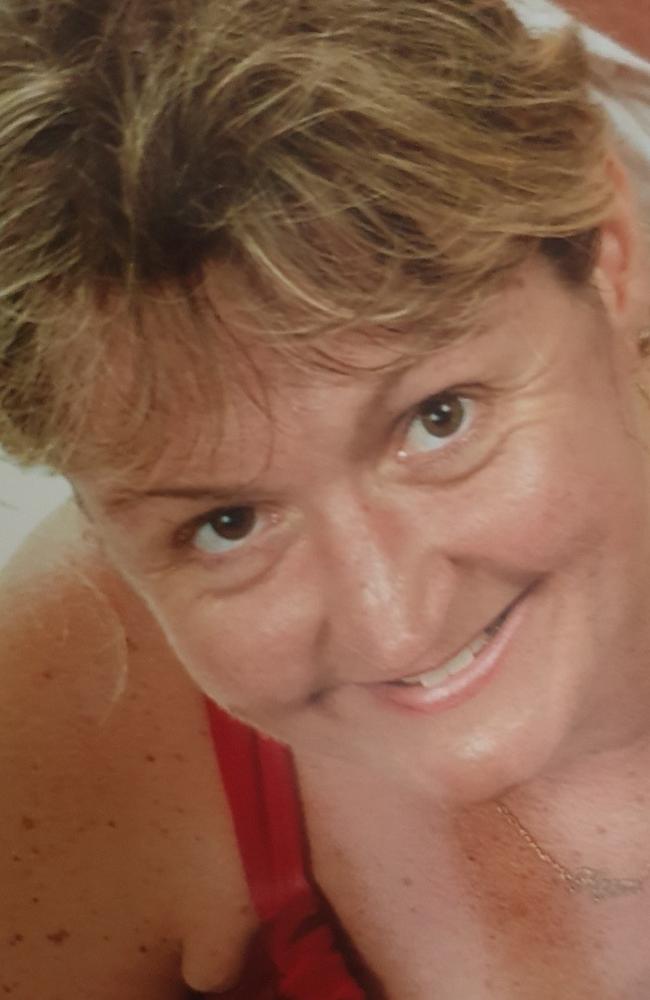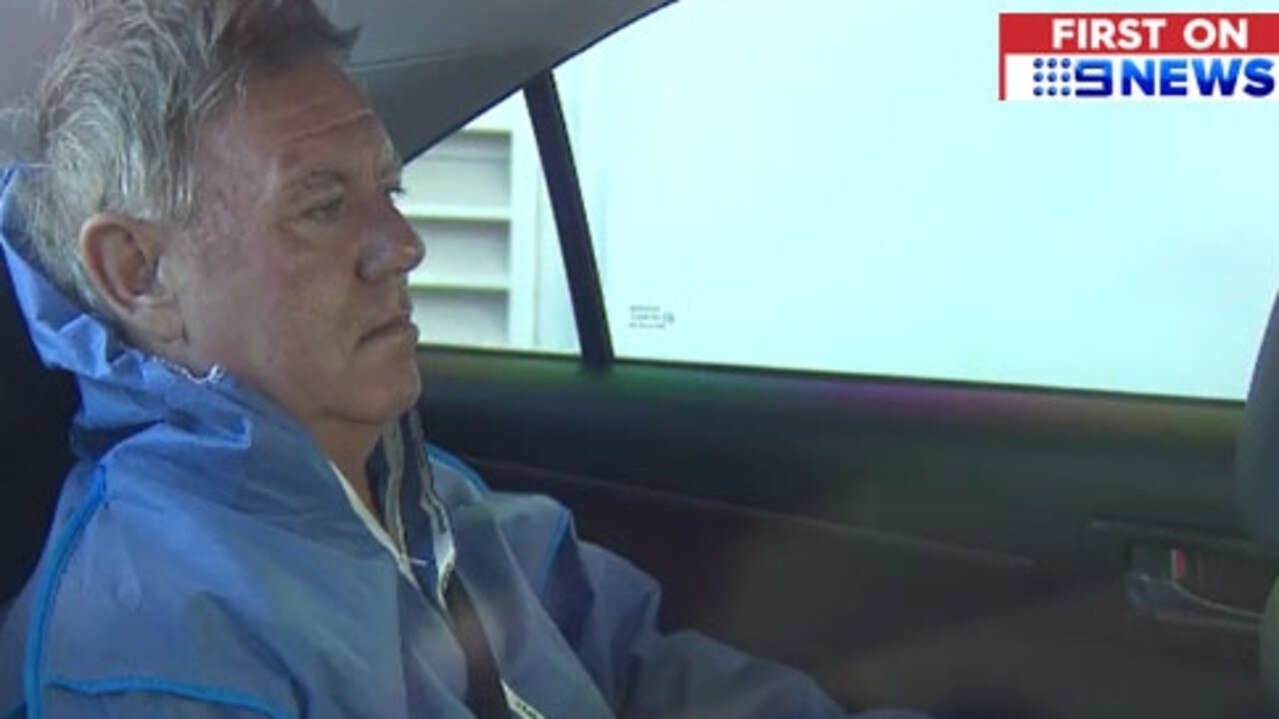Convicted killer Andrew John Cobby will use DNA lab failings in appeal case
A man convicted of murdering his estranged wife in a vicious hammer attack will use the failings of Queensland’s embattled DNA lab to form part of his case for an appeal.
Police & Courts
Don't miss out on the headlines from Police & Courts. Followed categories will be added to My News.
A man convicted of murdering his estranged wife in a vicious hammer attack will use the failings of Queensland’s embattled DNA lab to form part of his case for an appeal.
Andrew John Cobby claims fresh DNA testing prompted by an inquiry into the lab has armed him with exculpatory evidence which should see his conviction quashed.
The revelation comes months after Commissioner Walter Sofronoff KC released findings of an inquiry into failings at the state-run DNA lab which he described as being “as big as it gets”.
Legal experts had warned the lab’s mismanagement of DNA samples meant some offenders may have escaped conviction but failure to identify exculpatory samples could also have resulted in wrongful convictions.

Cobby was convicted in 2021 of the murder of his estranged wife Kym who was beaten with a hammer and choked to death in the driveway of her Gold Coast hinterland home in November 2017.
Cobby has long maintained his innocence, claiming an unknown man appeared out of the bushes and attacked Kym in front of him, prompting him to flee.
In a review before Court of Appeal President Justice Debra Mullins on Tuesday, Cobby said the results of fresh DNA testing of the hammer used to kill Kym would form part of his case for appeal.
He claims the results from retesting show the hammer contained the DNA of a person “whose identity remains unknown to this day”.
“So that’s why I say the fresh evidence is exculpatory because I have the results,” he said.
Cobby’s appeal hearing was scheduled to be heard on Wednesday but has been delayed after he dismissed his Legal Aid funded barrister over a difference in opinion over how the appeal should be run.
Top silk Sarah Farnden KC had been retained to act for Cobby but he told Justice Mullins he now wanted to represent himself.

Cobby said he had also declined the offer of retaining legal representation through the Bar Association’s pro bono scheme.
“The representative I spoke to, I basically outlined the same situation, if I could have a barrister who would run the absolute clear and appropriate grounds then I would welcome a barrister to represent me as I do not wish to be in this position however the matter I clearly need to raise is of such importance I find I am required to represent myself your honour,” he said.
Justice Mullins reminded Cobby that a barrister’s role was to be independent and not just act as a “mouthpiece” for the defendant.
“One of the reasons the system functions is because lawyers are trained and they don’t put arguments before the court that they know they are either prevented to because of the way the trial was conducted at the first instance or because of their experience know won’t succeed,” she said.
“You’ve been convicted of one of the most serious offences that anyone can be convicted of under our criminal code and normally people in your position want to take advantage of extra legal advice when it comes to an appeal.
“I just want to make sure your quest to pursue a particular part of the evidence hasn’t blinded you to the fact that there are benefits in obtaining independent legal advice and having the assistance of someone who is really experienced in putting arguments on appeal to this court.”
Cobby maintained that he would represent himself, but said his efforts were being hampered by staff at the Wolston Correctional Centre who had blocked him from accessing computers he needed to help prepare his case.
Justice Mullins asked the court registrar to write to the centre and ask that Cobby be allowed to access the materials and facilities required to prepare his case.
The matter will be reviewed again on March 30.
Leading criminal lawyer and former president of the Queensland Law Society Bill Potts said this would be “without a doubt the first of many” cases called into question as a result of the DNA lab disaster.
“And so it begins,” Mr Potts said. “It’s essentially the opening of the floodgates.”
Mr Potts said members of the legal fraternity would be closely watching how the matter progressed.
“All cases need to be treated on their own individual merits,” he said.
“The Court of Appeal will no doubt look at all of the evidence very carefully and will come down as they always do on the side of justice.”
Mr Potts said this was the first high-profile case that would come before the courts with DNA evidence retested as a result of Mr Sofronoff’s explosive review and he expected there to be “thousands” more.
“Anecdotally a lot of people who have been convicted are wanting to know whether the Sofronoff Inquiry findings apply to them and similarly a lot of people who have had their alleged perpetrators escape justice wanting to know if this new evidence can be brought before a court and a new trial held,” he said.



